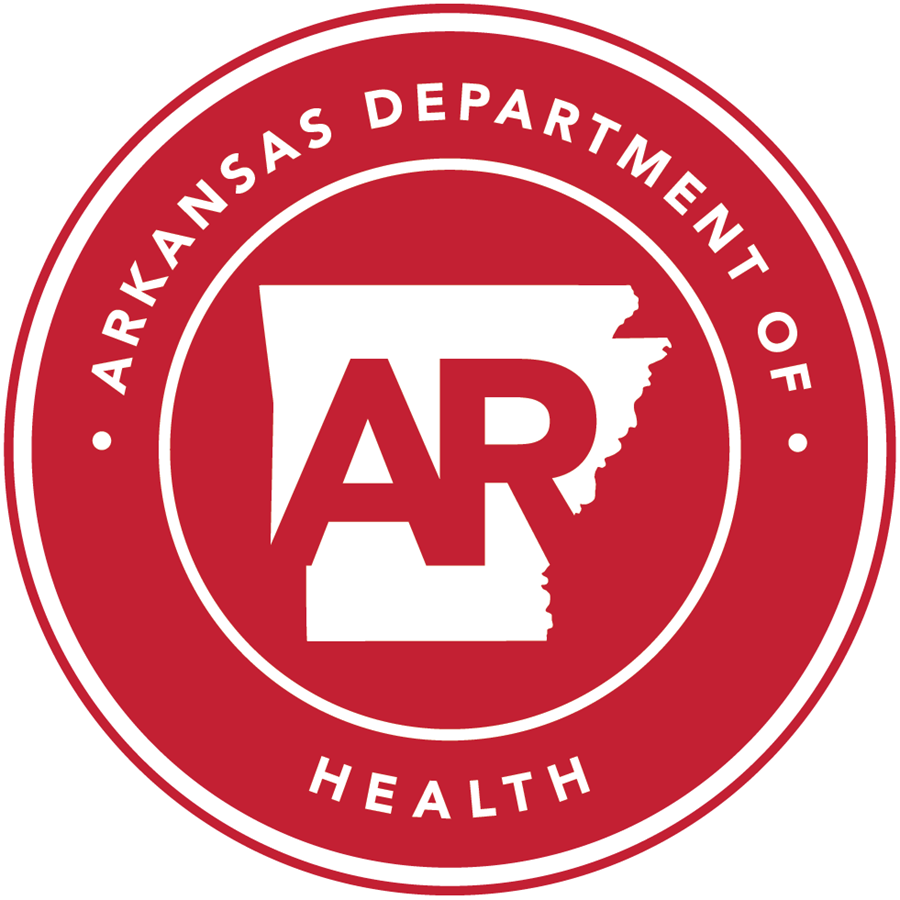The Arkansas Department of Health has issued a public health directive requiring all U of A employees on the Fayetteville campus to be up-to-date with their measles, mumps and rubella (MMR) vaccinations by Monday, Jan. 13, 2020.
The new directive, like the Nov. 22 student directive, aims to reduce the transmission of mumps occurring on campus and end the outbreak sooner.
As directed by the Arkansas Department of Health: All employees born ON or AFTER Jan. 1, 1957, are required to submit documentation of MMR vaccination to the Arkansas Department of Health. Employees who do not have that documentation will need to receive the MMR vaccine series before Jan. 13, 2020. All faculty and staff who fall under this Arkansas Department of Health directive have been emailed details of what is required and how to submit the required documentation.
Anyone born before 1957 is presumed to be immune to the virus and is not required to show proof of immunization.
To help with its directive, the Arkansas Department of Health will be on campus this week to provide MMR vaccines and collect immunization records. The department's vaccine clinics will be held in room 1117 of Pat Walker Health Center on the following days and times:
- Tuesday, Dec. 17 | 10 a.m. to 2 p.m.
- Wednesday, Dec. 18 | 10 a.m. to 2 p.m.
Since Sept. 1, 2019, 32 mumps cases have been confirmed among the university community. Only a handful of those cases remain active.
For questions about the public health directive, contact Arkansas Department of Health Outbreak Response Section at 501-537-8969.
Protect Against Mumps
Mumps is a contagious disease caused by a virus, and is best known for the puffy cheeks and tender, swollen jaw it causes. The virus is easily spread through coughing and sneezing, as well as from sharing food and drinks. It may take up to 26 days for a person to show symptoms after they have been infected.
The best way to protect against mumps is to get the Measles, Mumps and Rubella (MMR) vaccine, as well as practicing effective respiratory hygiene — washing hands often, covering coughs and sneezes, disinfecting surfaces, not sharing food, drinks or vaping devices.
The Center for Disease Control (CDC) recommends those born in 1957 or later receive two-doses of the MMR vaccine, unless a medical condition prevents vaccination. Anyone born before 1957 is considered to be immune from mumps.
Symptoms
Early symptoms of mumps are much like a cold or flu — fever, headache, fatigue, muscle aches and loss of appetite — followed by pain and swollen glands under your ears or jaw. The swelling can be on one or both sides, and may be minimal or significant. Some people who get mumps also may not have symptoms, while others may feel sick but not have swollen glands.
If you experience symptoms, isolate yourself from others and call your medical provider right away. Do not go to class, work or public places.
Mumps can be serious, but most people recover completely within a few weeks. Someone with mumps is considered most contagious three days before the onset of symptoms, and until five days after jaw swelling develops.
University officials continue to be in close contact with the health department, and encourages everyone to take preventive measures to help stop the transmission.
For more information, go to www.cdc.gov/mumps or health.uark.edu.
Contacts
Zac Garrett Brown, director of communications
Pat Walker Health Center
479-575-4649,
